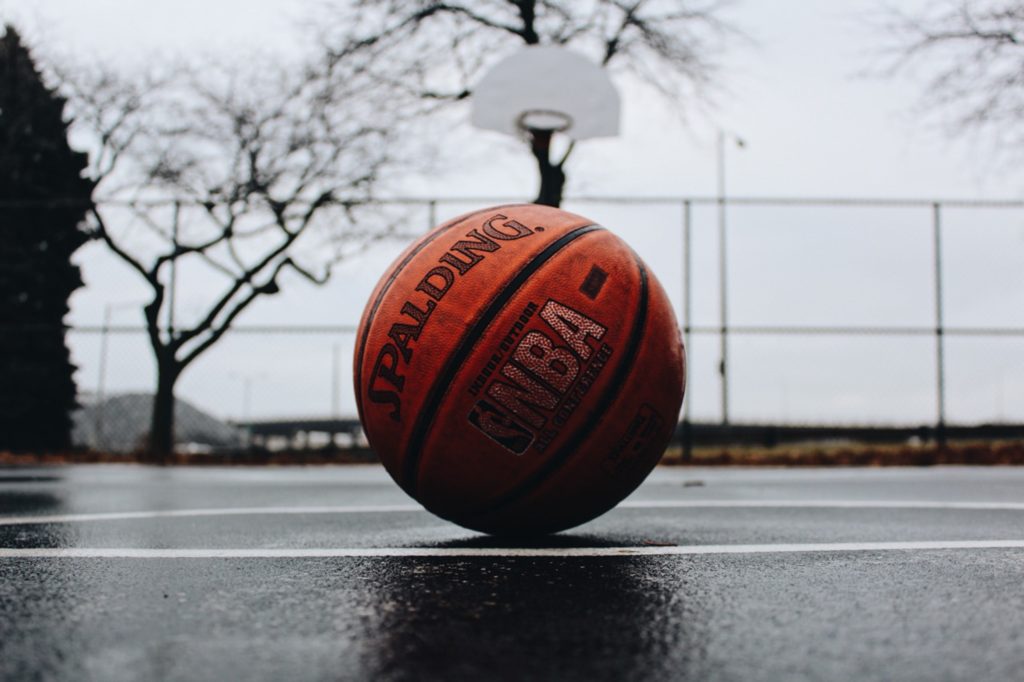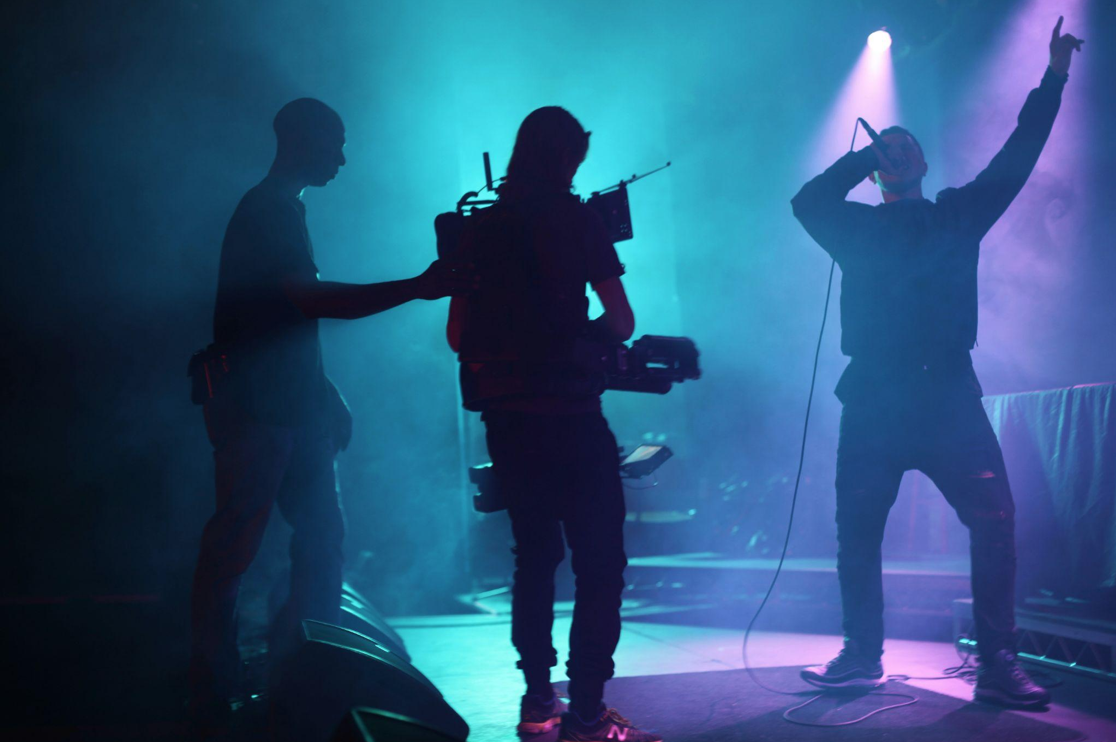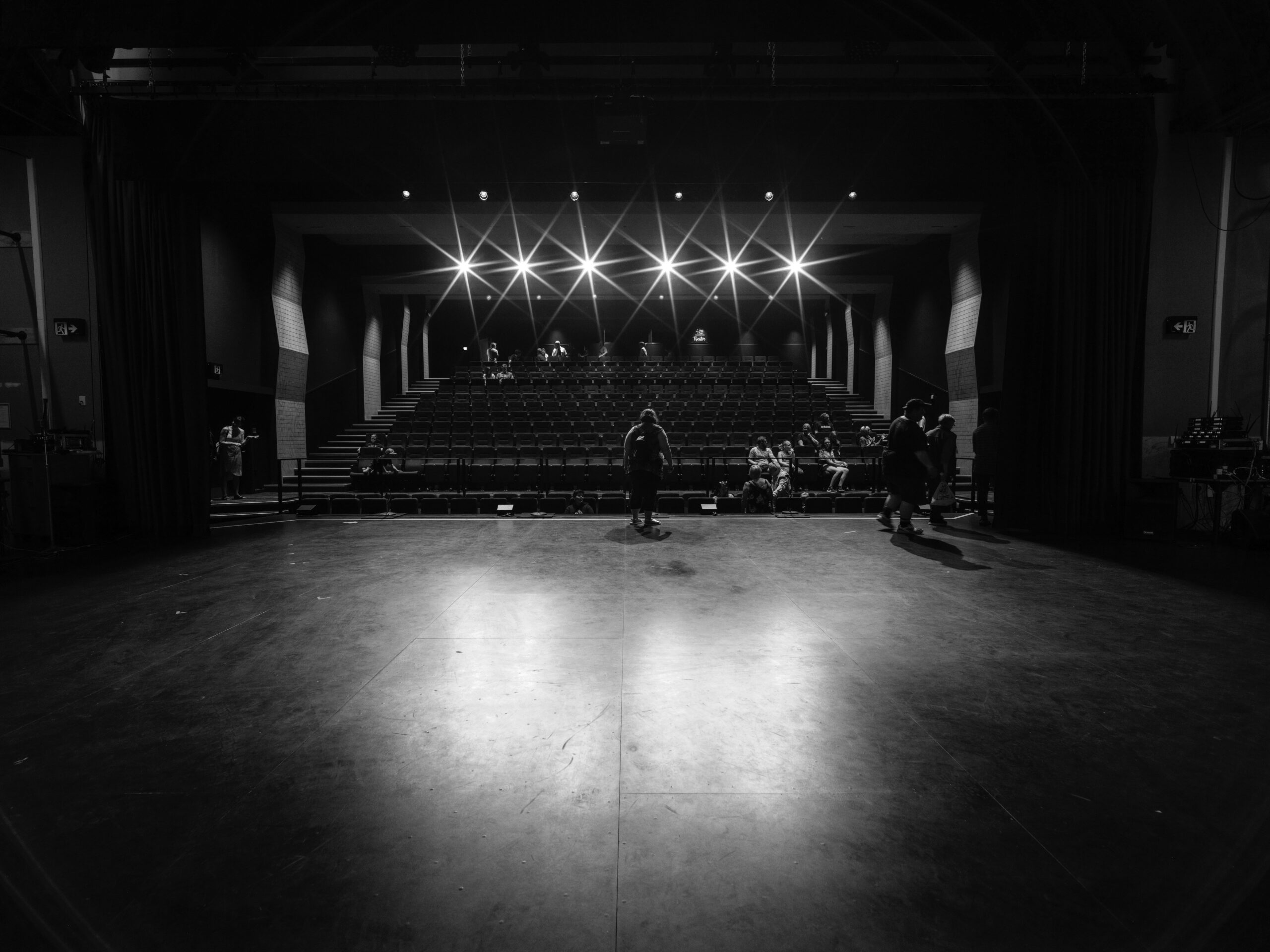
“Our job at the least is to keep these conversations going. We’re not political elites. We’re not politicians. We’re not educators. But we have influence.” – Celtics swingman Jaylen Brown1
“With great power comes great responsibility.”2 This popular quote comes with a simple meaning: If you have the ability to do something, make sure that you do it for the good of others.3 The sports world is not a stranger to the Constitution. From when former heavyweight boxing champion Muhammad Ali refused army induction and spoke out against the draft of civilians to fight in the Vietnam War4 to Colin Kaepernick deciding to indefinitely kneel and refusing to stand for the national anthem, athletes have been exercising their First Amendment right of freedom of expression as citizens of the United States of America to bring attention to injustices. More recently, the players of the National Basketball Association (NBA) are, with their solidarity, speaking out towards the recent turmoil the United States of America is facing. In the bubble at Orlando, isolated from everyone else, these players are using their platforms as superstars and role models to send messages about social and racial injustices. They are amplifying the message that changes need to happen.
The text of the First Amendment of the United States Constitution provides “Congress shall make no law respecting an establishment of religion, or prohibiting the free exercise thereof; or abridging the freedom of speech, or of the press; or the right of the people peaceably to assemble, and to petition the Government for a redress of grievances.”5 However, as the government became more involved in the private sector, an idea known as the “state action doctrine” arose.6 This doctrine is a concept that the protections of the Constitution will not apply to actions in the private sector unless it is of a “governmental action.”7 In other words, alleged wrongdoers’ actions (as employees of the private sector) must have either “significant[ ] involve[ment]” from or be “fairly attributable” to the government in order to be protected under the First Amendment.8 If not, then the alleged wrongdoers would be under the mercy of possible termination from their profession if their actions are not in line with the employers’ beliefs. This is the dilemma for the players. They are both individuals AND private employees. As individuals, their First Amendment Right of freedom of expression protects them. As courts have held in cases like West Virginia State Board of Education v. Barnette,9 laws that compel individuals to exhibit patriotism are unconstitutional and in violation of the First Amendment.10 However, as employees of the private sector, such laws are constitutional. This begs the question: Will the players face any legal retaliation?
On one side, NBA players, with nearly seventy-five percent of the them identifying as Black or African American,11 are viewed as role models to the many young children who watch them play. After George Floyd’s death, many took to the streets and marched in peaceful protests, arm-in-arm with citizens, activists, and organizers, to draw attention to the racial and social injustices that are happening in the country. Months later, these players took the opportunity of the NBA resuming its season to be more than just showy displays. Instead of letting the game they play and love be distractions to the ongoing protests of racial and social injustices, they turned it into a platform that amplified these protests. On national broadcast television, they knelt during the national anthem, wore statement jerseys, and most importantly, decided to boycott (or more correctly, strike12) several playoff games. As citizens of the United States, they are using their right to make their voices and opinions heard.
On the other side, however, they are private employees and they are not protected by the First Amendment. Their legal rights to express their Freedom of Expression are either provided or restricted in their contracts and bargaining units.13 The players had entered a contract with their respective organizations and are expected to perform based on their contracts.14 Their contracts do not include a clause giving them the right to speak out against injustices in the country. Furthermore, any action that the players take will not have any ties to the government. This means that there is no “state action” involved.15 Thus, their actions and words are not protected under the right of freedom of expression.
For now, however, the players will not have to worry about legal retaliation. Luckily for these players, the NBA has been the “most progressive on protecting the rights of players to speak out politically.”16 In fact, the NBA is showing that right now by painting “Black Lives Matter” on its courts and being consistently in touch with the player’s union to help make speaking out easier.17 Furthermore, the commissioner of the NBA, Adam Silver, sent a letter to the league’s employees to encourage the players to reach out because they have his and the league’s support.18 Having their employers being notably on the progressive side combined with their own understandings of how influential they can be, these are not just athletes who should, as journalist Laura Ingraham of Fox News once said, “shut up and dribble.”19 They are now leaders who have taken up a “duty to bring positive social change”20 to the country.
Victor Wang is a Second Year Law Student at the Benjamin N. Cardozo School of Law and a Staff Editor at the Cardozo Arts & Entertainment Law Journal. Victor is interested in corporate law, securities regulation, and privacy law. Victor is also currently in the Securities Arbitration Clinic and used to be a paralegal at Wachtel Missry LLP for their litigation, real estate, and corporate practices.
- Malika Andrews & Marc J. Spears, How the NBA bubble has become a platform for social justice, ESPN (Jul. 29, 2020), https://www.espn.com/nba/story/_/id/29555143/nba-restart-how-nba-bubble-become-platform-social-justice.
- Darryl Seland, With great power comes great responsibility, Quality Magazine (Apr. 16, 2018), https://www.qualitymag.com/articles/94643-with-great-power-comes-great-responsibility.
- Id.
- Muhammad Ali v. State Athletic Comm’n of NY, 316 F. Supp. 1246 (S.D.N.Y. 1970).
- U.S. Const. amend. I.
- Christopher J. McKinny, Professional Sports Leagues and the First Amendment: A Closed Marketplace, 13 Marq. Sports L. Rev., 223, 231(2003).
- Wilson R. Huhn, The State Action Doctrine and the Principle of Democratic Choice, Hofstra L. Rev., 1379, 1388-9, https://law.hofstra.edu/pdf/academics/journals/lawreview/lrv_issues_v34n04_cc2.huhn.final.pdf.
- Id.
- W. V. State Bd. of Educ., 319 U.S. 624 (1943).
- Kyle Sammin, The First Amendment Is A Double-Edged Sword for Kaepernick and Rapinoe, The Federalist (Sept. 7, 2016), https://thefederalist.com/2016/09/07/first-amendment-double-edged-sword-kaepernick-rapinoe/.
- Michael Pina, The NBA’s Social Justice Dilemma: Do Sports Distract and Detract From Activism?, GQ (Aug. 4, 2020), https://www.gq.com/story/nba-social-justice-dilemma.
- James Walker, AOC Says NBA Boycott Should Be Called ‘Strike’ Action, Praises Player Courage, Newsweek (Aug. 27, 2020), https://www.newsweek.com/alexandria-ocasio-cortez-nba-boycott-strike-action-1527933.
- Hot Topic: First Amendment Free Speech (Wayne College): Athlete Activism, University of Akron University Libraries Instructional Services (Jul. 29, 2020 4:58PM), https://libguides.uakron.edu/Wayne_Freespeech/Atheletes.
- Huhn, supra note 7, at 1394.
- Id.
- Robert A. Boland, FREEDOM TO SPEAK IN THE PROFESSIONAL SPORTS AND THE PROFESSIONALIZED SPORTS SETTING, nybsa.org., https://nysba.org/NYSBA/Meetings%20Department/Section%20Meetings/Labor/AM2017/Plenary%20Two%20Freedom%20to%20Speak.pdf.
- Pina, supra note 11.
- Read Adam Silver’s letter to NBA employees in aftermath of Jacob Blake shooting, L.A. Times (Aug. 28, 2020), https://www.latimes.com/sports/story/2020-08-28/adam-silver-letter-nba-employees-social-justice-jacob-blake-shooting.
- Emily Sullivan, Laura Ingraham told Lebron James To Shut Up and Dribble; He Went To The Hoop, NPR.org (Feb. 19, 2018), https://www.npr.org/sections/thetwo-way/2018/02/19/587097707/laura-ingraham-told-lebron-james-to-shutup-and-dribble-he-went-to-the-hoop.
- Supra note 13.



